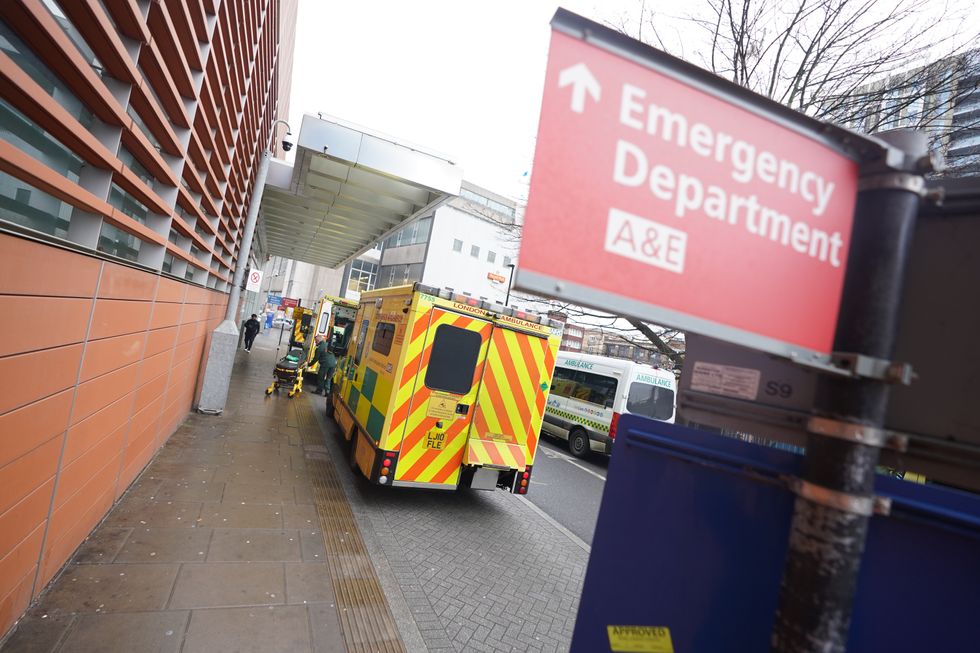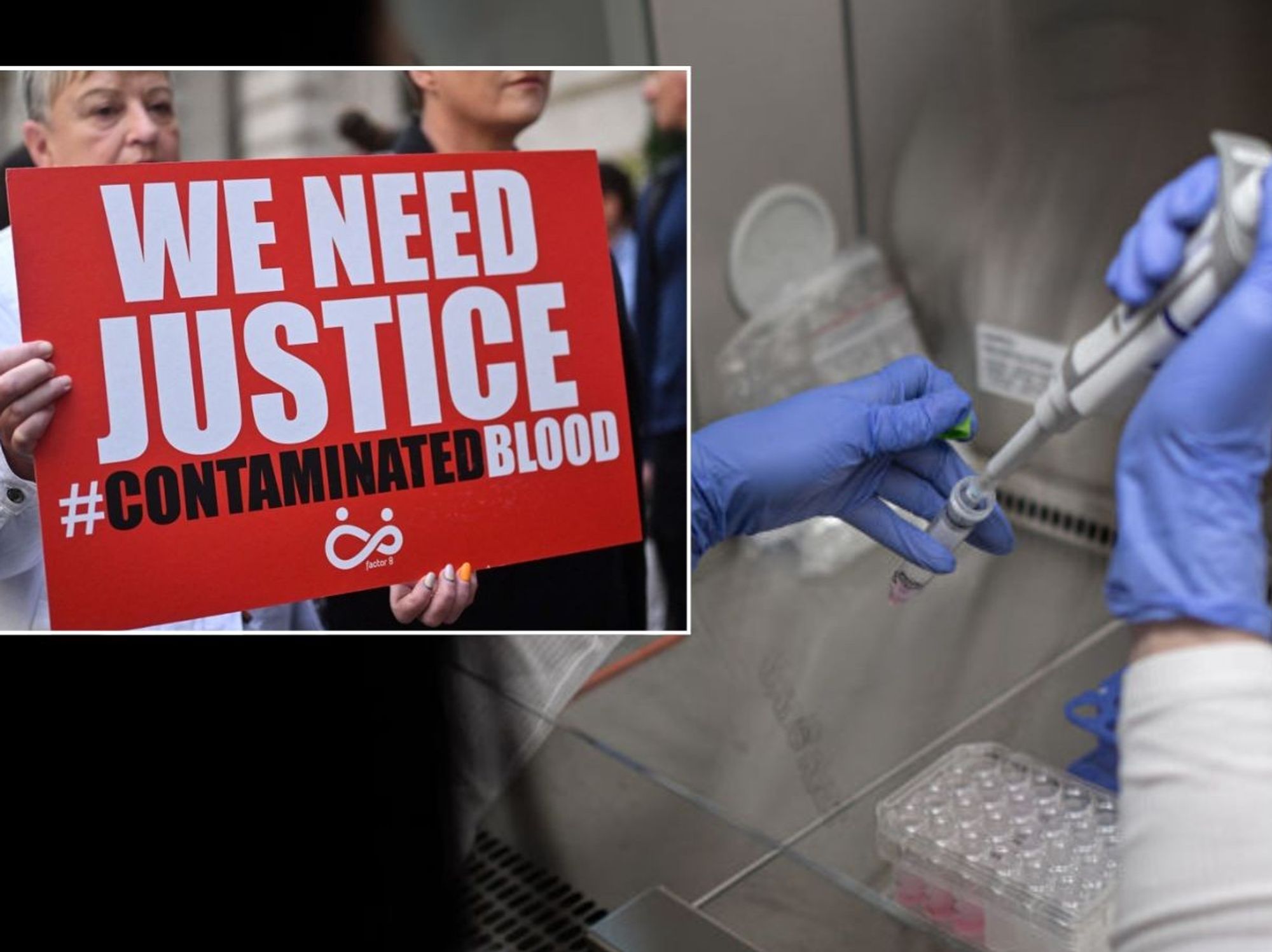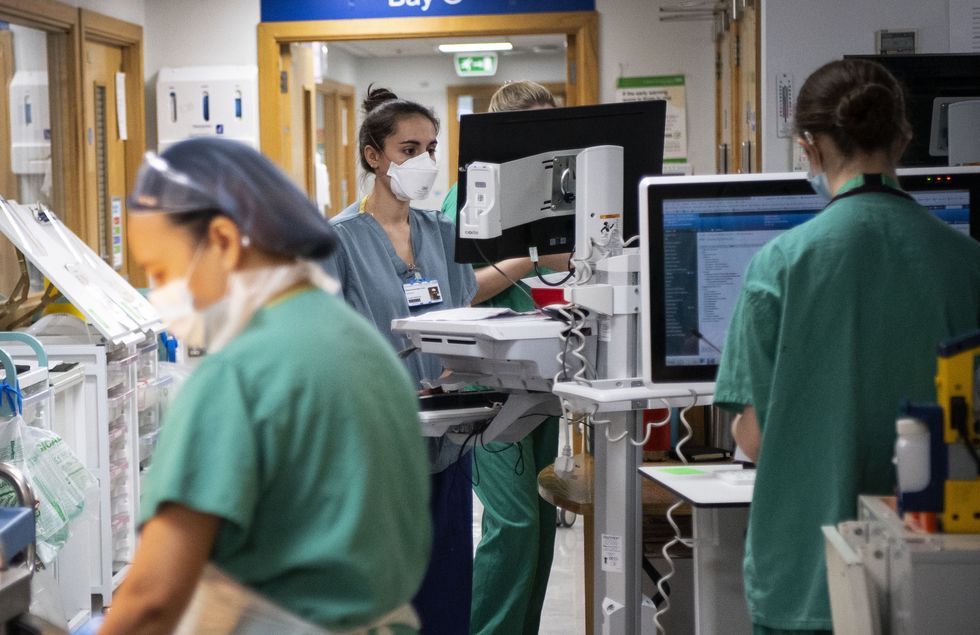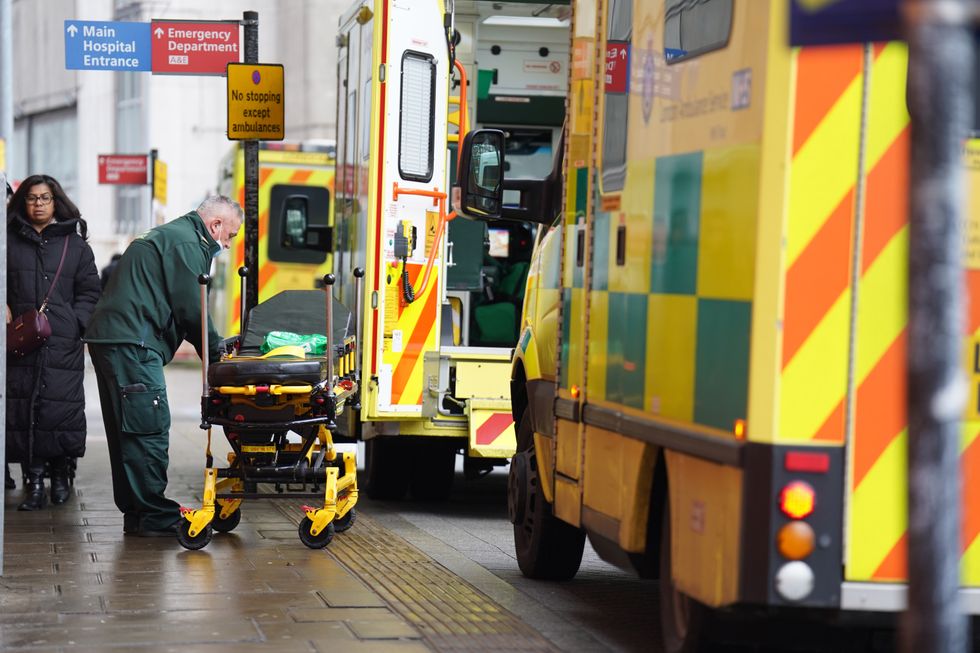Senior medic urges people not to go for 'long runs' as NHS is crippled by A&E waiting times

The Chief Medical Officer for Wales is urging people not to go on 'long runs' to reduce the risk of calling emergency services
James Manning












